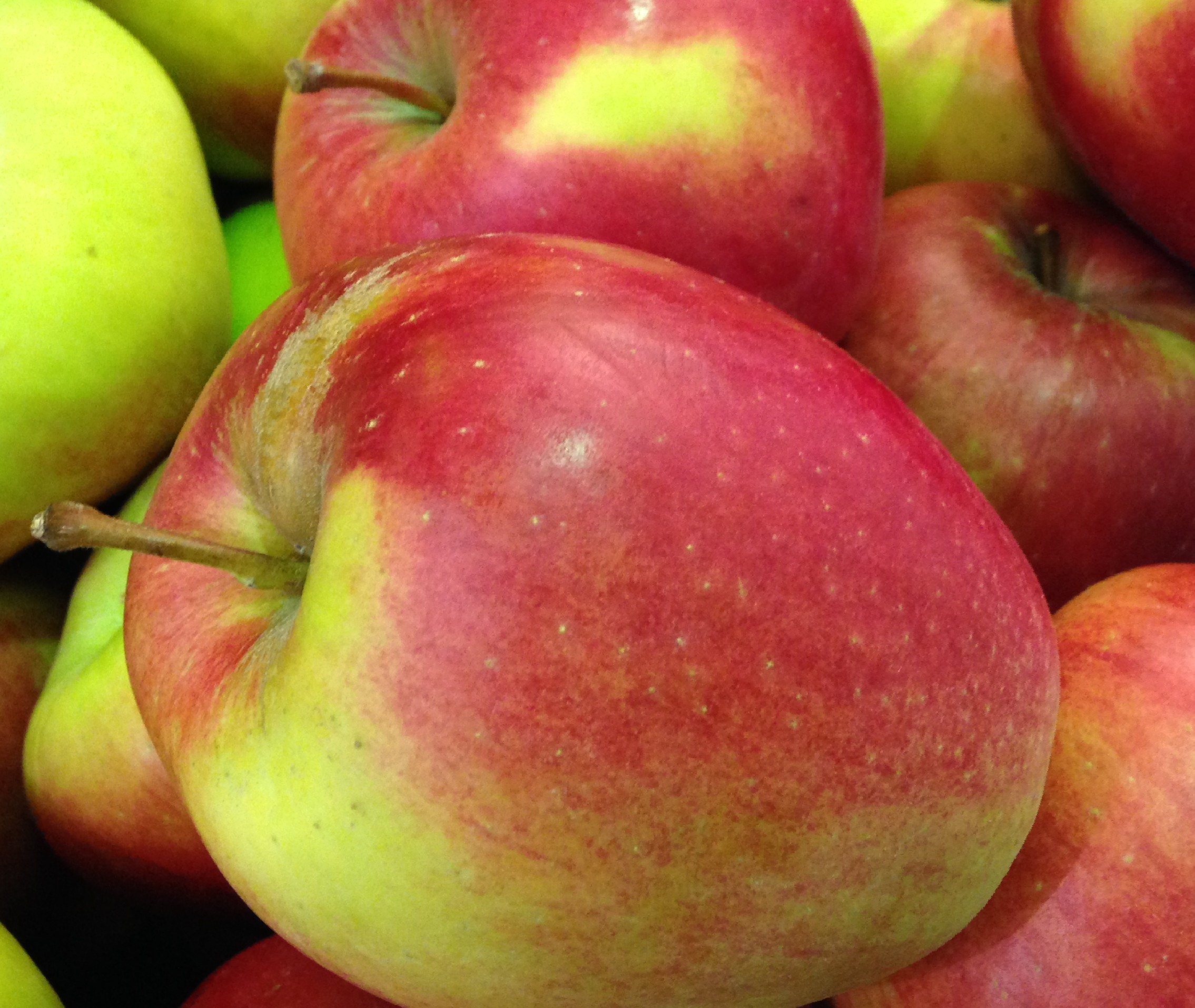
European Commissioner for Agriculture and Rural Development Phil Hogan has defended EU fruit marketing and trading standards amid concerns they are having undesirable effects.
Czech MEP Stanislav Polčák (PPE) says the ‘standardisation’ applied to fruit unnecessarily deprives consumers of quality fresh apples. In a written question in the European Parliament he asked if the Commission would consider abolishing the policy.
“According to estimates, 70% of this year’s (2015) apple harvest in the Czech Republic will undergo further processing to be turned into apple juice and other apple products, as it is not suitable for direct consumption. The reason for this is standardisation: apples and other types of fruit and vegetables are subject to European standards. One of the standardisation parameters is the size of fruit. Due to this summer’s drought in the Czech Republic much of this year’s apple crop is below the desired size and is thus excluded from sale. For various reasons, I find this exclusion to be highly unreasonable,” Polčák wrote.
In his response, Hogan said the Commission had not been aware of the estimates quoted by Polčák concerning the Czech apple crop.
“For apples there exists indeed a specific EU marketing standard. To be marketed apples must have a minimum diameter of six cm, or five cm if a certain degree of maturity is guaranteed (sugar content of 10.5° Brix). This is in line with the provisions of the international standards for apples, developed by the United Nations Economic Commission for Europe and by Codex Alimentarius.
“Such marketing and trading rules are made in the interest of producers and traders to enable a smooth functioning of the internal market but also in the interest of consumers to receive adequate and transparent product information.
“Some exceptions to this apple marketing standard do exist. Smaller apples can always be directly sold by producers to consumers on the farm. In addition, Member States may provide exception from this marketing standard for sales on local markets. Finally, Member States can allow these products to be sold in retail shops on their territory, provided the apples are labelled as “intended for processing” or any equivalent wording. This enables small apples to find their way to consumers.
“A substantial reform and simplification of all marketing standards for fruit and vegetables was introduced in 2008,” Hogan concluded.
